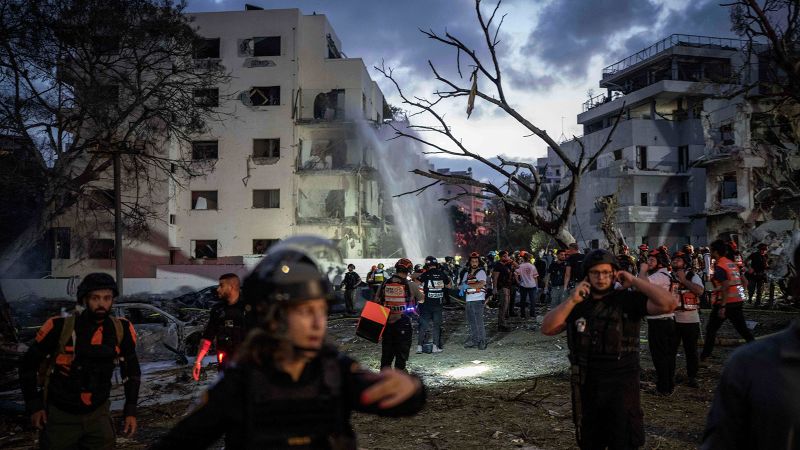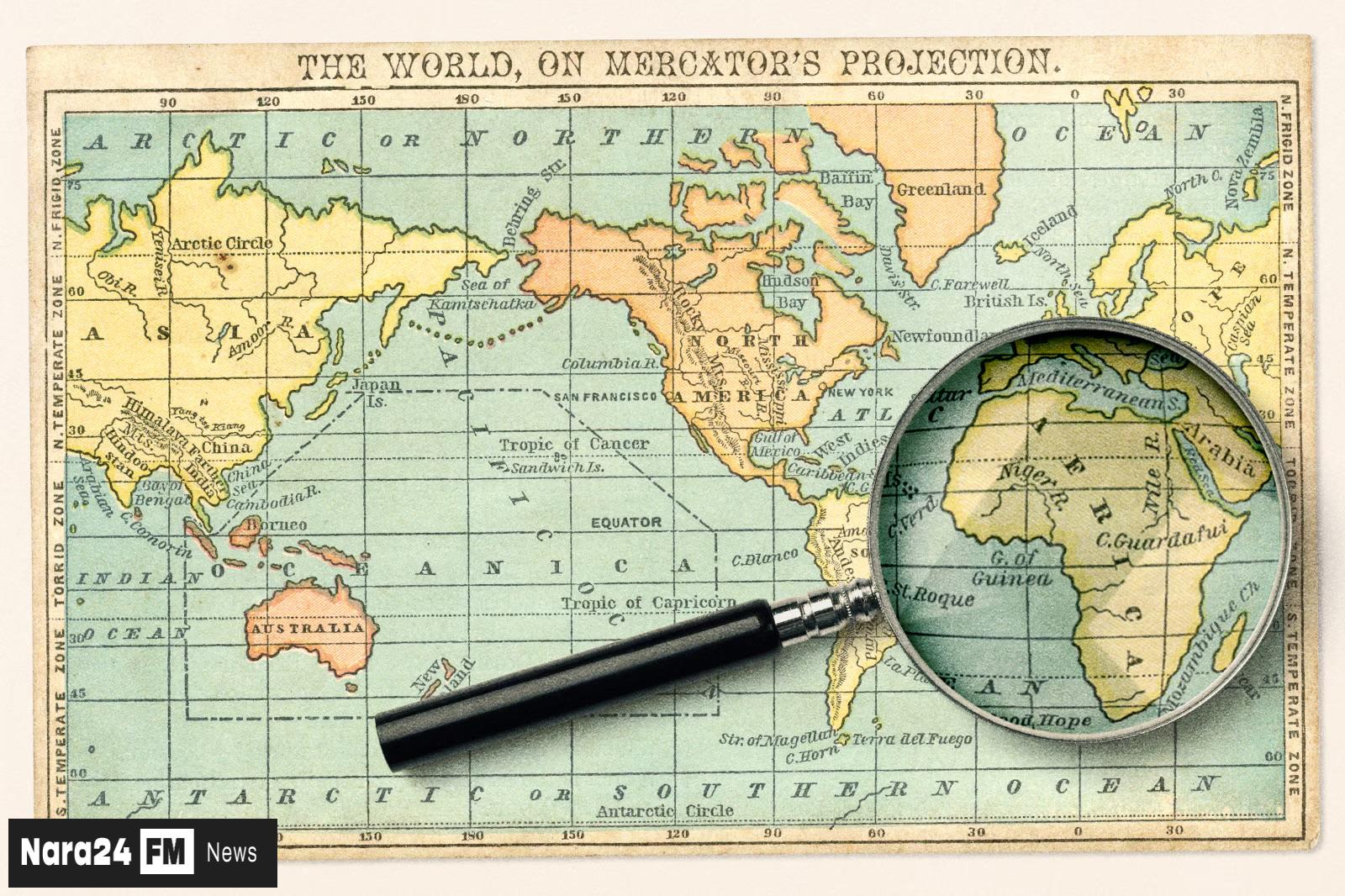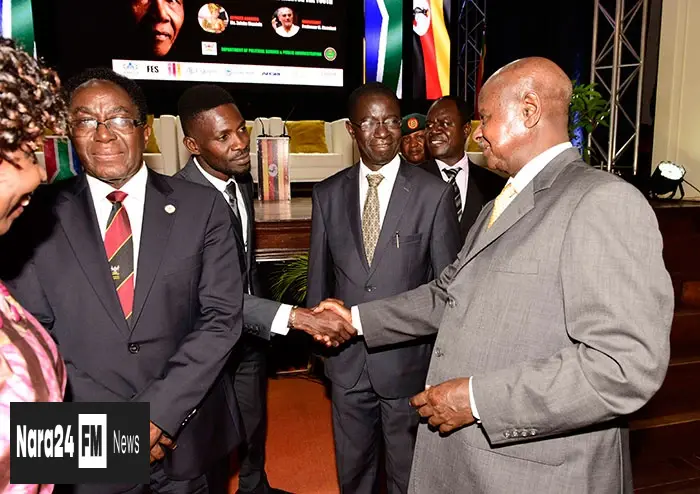As a significant Israeli military operation against Iran unfolds, China has seized the opportunity to portray itself as a potential mediator, positioning itself as a counterbalance to the United States in the region.
Chinese Foreign Minister Wang Yi engaged in discussions over the weekend with both Iranian and Israeli officials, where he denounced the Israeli attack that has escalated the conflict. Wang articulated China's readiness to "play a constructive role" in alleviating the situation.
“China explicitly condemns Israel’s violation of Iran’s sovereignty, security, and territorial integrity... and supports Iran in safeguarding its national sovereignty,” Wang stated during a call with Iranian Foreign Minister Seyed Abbas Araghchi, as reported by Chinese state media.
This firm stance from Beijing starkly contrasts its previous silence on Russia’s invasion of Ukraine, highlighting a growing geopolitical divide that positions China against U.S. interests on several fronts.
Israel initiated the airstrikes targeting Iran's nuclear, missile, and military facilities early on Friday, with Prime Minister Benjamin Netanyahu describing the operation as a necessary step to mitigate the Iranian threat to Israel’s existence. The aftermath has seen a series of retaliatory strikes from both sides, resulting in rising casualties and the potential for broader regional conflict, raising concerns about U.S. involvement, which has primarily included support for Israel against Iranian attacks.
China perceives this turmoil as an opportunity to assert its influence, particularly in the Global South, where criticism of Israel's ongoing actions has intensified. The country has been a longstanding ally of Iran, enhancing its partnership through joint military drills and opposing U.S. sanctions that have strained Iranian economic stability.
In a call with the Israeli Foreign Minister Gideon Sa’ar, Wang urged both nations to engage in dialogue to settle their differences, reiterating China's willingness to assist in diplomatic efforts. "China is ready to maintain communication with Iran and other relevant parties to continue playing a constructive role in de-escalating the situation,” he noted.
Despite its efforts, the effectiveness of China's influence in managing this complex conflict remains uncertain, especially in light of the deep-rooted tensions and the significant role the United States plays in Middle Eastern security. While Beijing has positioned itself as an emerging power broker, analysts remain skeptical about its actual leverage over Tehran and the potential consequences of escalating hostilities in a region critical to China's energy security.
As tensions continue to rise, former U.S. President Donald Trump suggested that a resolution between Iran and Israel could emerge, indicating the complexity and unpredictability of the situation.
The evolving dynamics of this conflict, coupled with China's ambitions to expand its diplomatic footprint, will likely be closely monitored by global powers as the situation develops.








Comments (0)
Leave a Comment
Be the first to comment on this article!